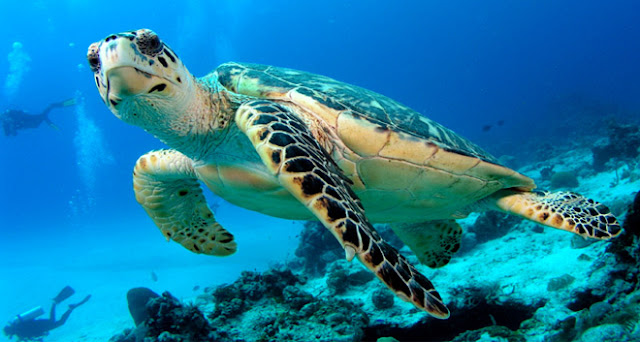How to Make the Perfect Frappe !

How to Make the Perfect Frappe
By Andreas Kitsios
Frappe coffee is arguably the most popular drink on the island of Cyprus. Not only is it a must if you are hanging out at the beach, it is the default order at any local cafe, especially in the summer. Here is a quick guide to preparing a delicious frappe from the comfort of your own home.
Frappe coffee is arguably the most popular drink on the island of Cyprus. Not only is it a must if you are hanging out at the beach, it is the default order at any local cafe, especially in the summer. Here is a quick guide to preparing a delicious frappe from the comfort of your own home.
The secret to a great frappe is the right combination of the following:
• An adequate foam "head"
• Enough water and/or milk on the bottom
• The right taste, according to your preference
The foam is probably the most critical part, as it is the essence of the frappe and it is important for it to be large enough to settle slowly and small enough to allow you to pour adequate water and/or milk in order to be able to actually enjoy the drink.
If you follow the easy steps below, you should quickly become a master frappe maker!
more ..........................
more ..........................











